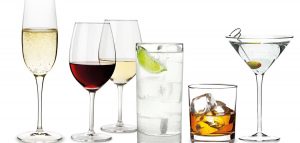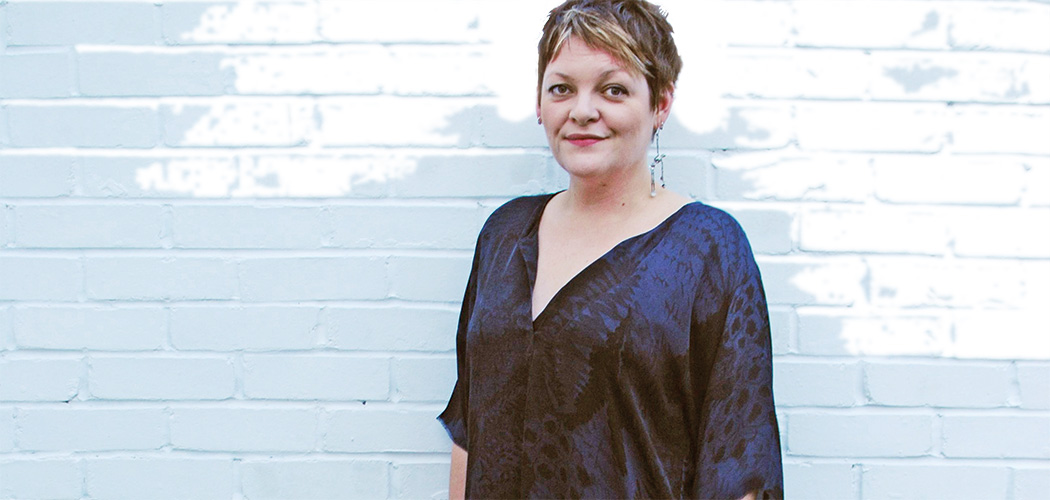Dr Laura Waters is an HIV and sexual health consultant at the Mortimer Market clinic and the Boyz Doc. Dr Laura answers your questions every two weeks in Boyz. If you have a question for Dr Laura please email her at [email protected].
Dear Dr Laura,
I drink quite regularly out in bars and clubs and although I have days when I don’t I’m aware that at this time of year and into Christmas I’ll be drinking more. There’s so much confusing information out there about alcohol, can you outline the basics and also could it affect HIV meds or PrEP?
Thanks
Richard
Dear Richard,
More than half of us in Britain will have drunk alcohol in the last week and only 1 in 5 people reported not drinking at all. Public Health England estimate that 1 in 4 England (more than 10 million people!) could benefit from cutting back on their drinking because they’re consuming potentially harmful amounts. However, surveys consistently describe lower levels of drinking than alcohol sales – either a lot of purchased alcohol is discarded or hidden away, or we say we drink less than we do…!
How much is too much? It can be confusing working out the amount of alcohol in different drinks but there are apps and online calculators– ‘drinkaware’ has a good one at https://www.drinkaware.co.uk/ as well as tips for cutting down. Guidelines were updated in 2016 to equalise advice for men and women making the maximum recommended weekly intake 14 units for all adults. It’s not difficult to exceed that limit if you drink regularly as 14 units equates to a bottle and a half of wine or 5 pints of 5% lager a week. You should spread your 14 units over at least 3 days. ‘Binge drinking’ is 6 or more units in one session (that’s 2-3 glasses of wine) and ‘alcohol dependence’ is when you can’t control your desire to drink – dependent drinkers get symptoms of withdrawal, such as ‘the shakes’ if they suddenly cut down or stop drinking.
What harm does alcohol do? The list of conditions associated with alcohol is (pardon the pun) sobering to say the least, and includes depression, stroke and heart disease. The liver bears the brunt of alcohol damage; it starts with excessive fat in the liver – this is reversible but excess fat and continued irritation from alcohol can cause liver inflammation. Inflammation can show up on blood tests but you should not assume a normal blood test means your liver is fine. Liver inflammation can be reversible (after a single binge session for example) but if it’s sustained and prolonged it can lead to liver scarring or fibrosis, which can ultimately progress to cirrhosis (severe scarring). Cirrhosis is not usually reversible and only half of people with alcohol-related cirrhosis who continue to drink will be alive 5 years later. Alcohol is also associated with an increased risk of many cancers (such as mouth, throat and stomach cancer), and there is no such thing as a ‘safe’ level of alcohol – any amount will increase your risk.

So that’s some long-term risks of alcohol but there are short-term risks too. Accidents and injuries are more common after binge drinking; alcohol impairs our judgement and you may end up taking risks, including sexual ones. Violence, both on the giving and receiving end, is more common when alcohol is involved. At the extreme, alcohol poisoning can be fatal – if you are with someone who is very drunk (confused, vomiting, falling over…) keep them warm, give them water if they can swallow, lie them on their side (in the recovery position) if they’ve passed out, check their breathing and, if things aren’t getting better, call 999.
What about benefits? The medical benefits are not as great as we used to think – moderate amounts of alcohol were considered good for your heart but any benefit is restricted mainly to older women who drink 5 units or less a week. Drinking more than recommended is worse for your heart and benefits from alcohol are almost certainly outweighed by regular exercise and healthy diet.
Alcohol tastes nice and alcohol can make us feel good, of course. A couple of drinks help you relax, but as we drink more we get more disinhibited and can end up behaving badly. Falling over is not a good look, let alone vomiting or being abusive – and waking up in bed next to someone whose name, let alone face, you have no recollection of is not generally a calming start to the day.
A good way to cut down drinking is to have several alcohol-free days a week. If you’re planning a big night out, eat a meal, limit your total number of drinks, drink slowly (longer drinks will be easier to sip than shots!) alternate with non-alcoholic beverages, and plan ahead so you’re with friends and know how to get home. Even one drink will impair your ability to drive so when it comes to getting behind the wheel, no booze is best.
We start to get dehydrated (one of the causes of a hangover) after just 2 drinks so plenty of water is the key, and our wonderful NHS even has a webpage on managing hangovers, which you can access here: https://www.nhs.uk/live-well/alcohol-support/hangover-cures/. Book a sexual health check up if you’re at risk and sexual health clinics can also be a useful source of advice about drinking.
Finally, you asked about alcohol and HIV meds or PrEP. The main issue will be remembering to take your meds if you have had too much to drink (one of the reasons taking meds in the morning can be better) or vomiting your meds up after taking them. I would advise taking medication if you’ve vomited less than an hour after taking it – any longer than that and you will almost certainly have absorbed enough already. If your liver is damaged it can affect how your body handles drugs but it has to be quite severe for that to happen.
If you’re worried about your drinking, see your GP for help, or check out one of the many charities or support groups, including Alcohol Concern or Alcoholic Anonymous – NHS Choices has a full list here: https://www.nhs.uk/live-well/alcohol-support/













